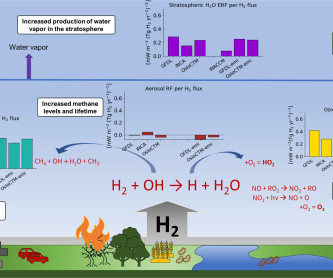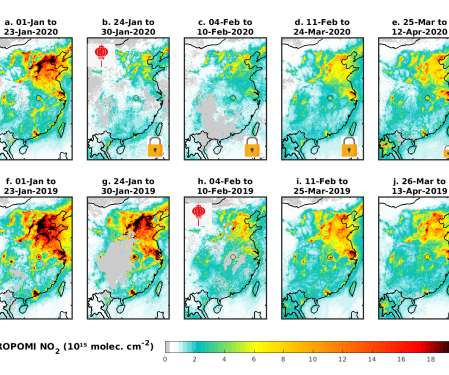Reducing Black Carbon Emissions and Ground-Level Ozone Would Provide Immediate Benefit Against Climate Change
Green Car Congress
AUGUST 21, 2009
Reducing emissions of black carbon soot and ground-level ozone would quickly make a considerable dent in the climate change problem and would also contribute to public health and protect crop yields, according to an essay in the September/October issue of Foreign Affairs. Besides a danger to breathe, ozone lowers crop yields.






































Let's personalize your content